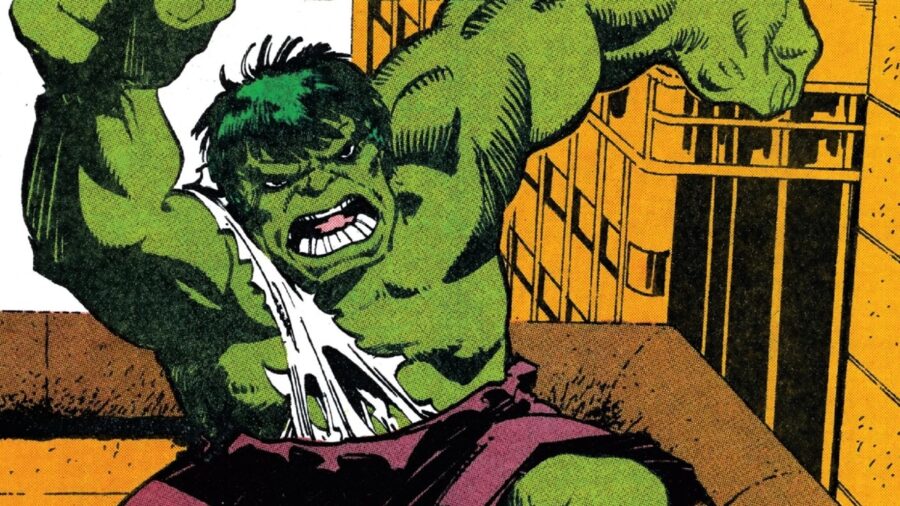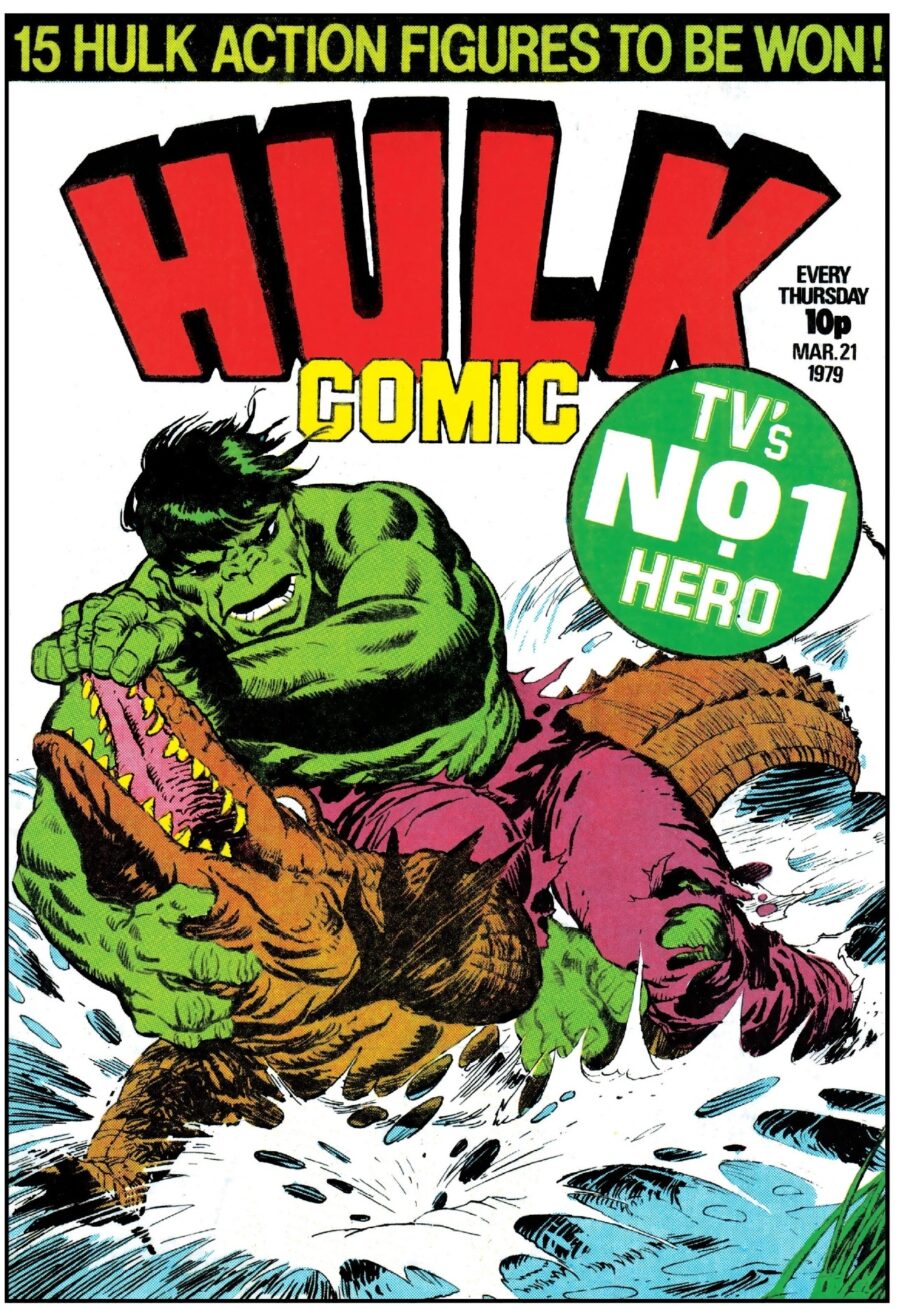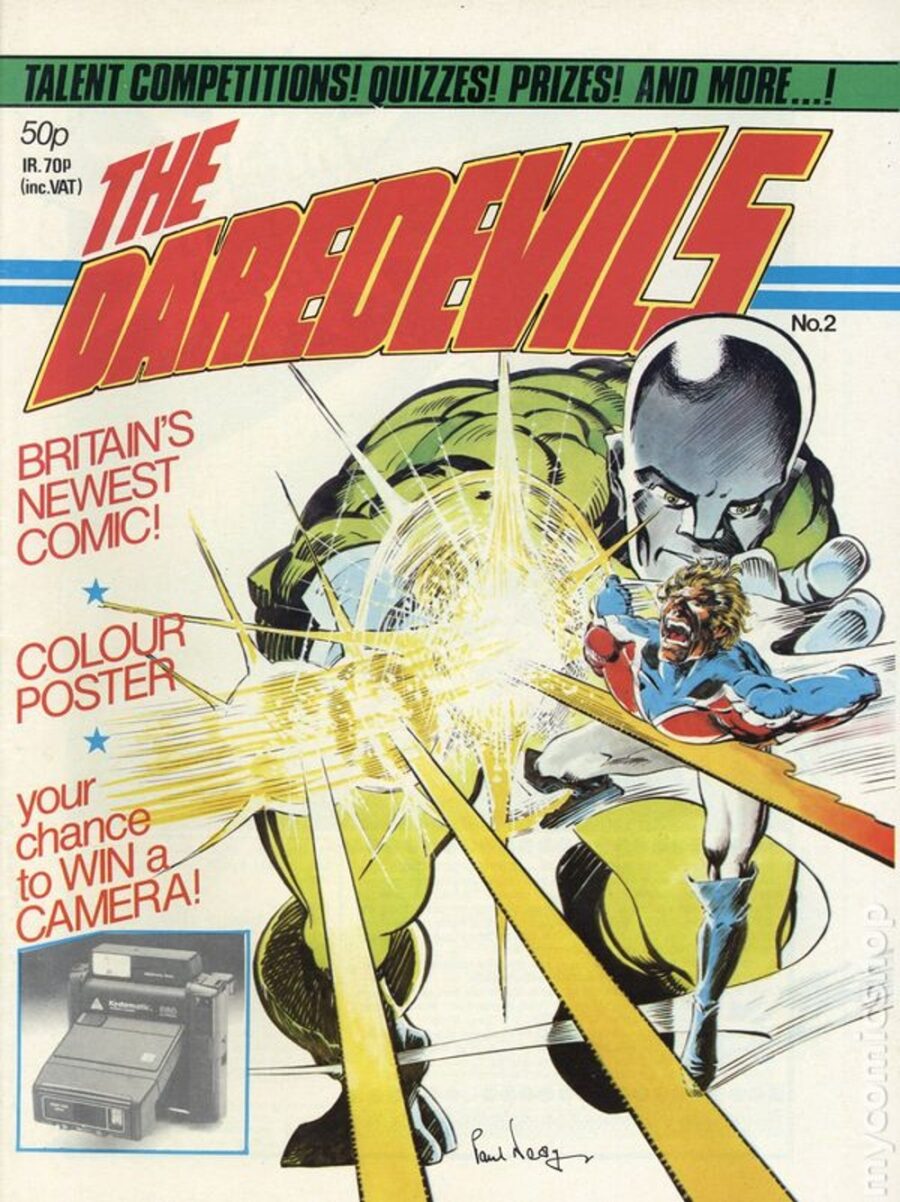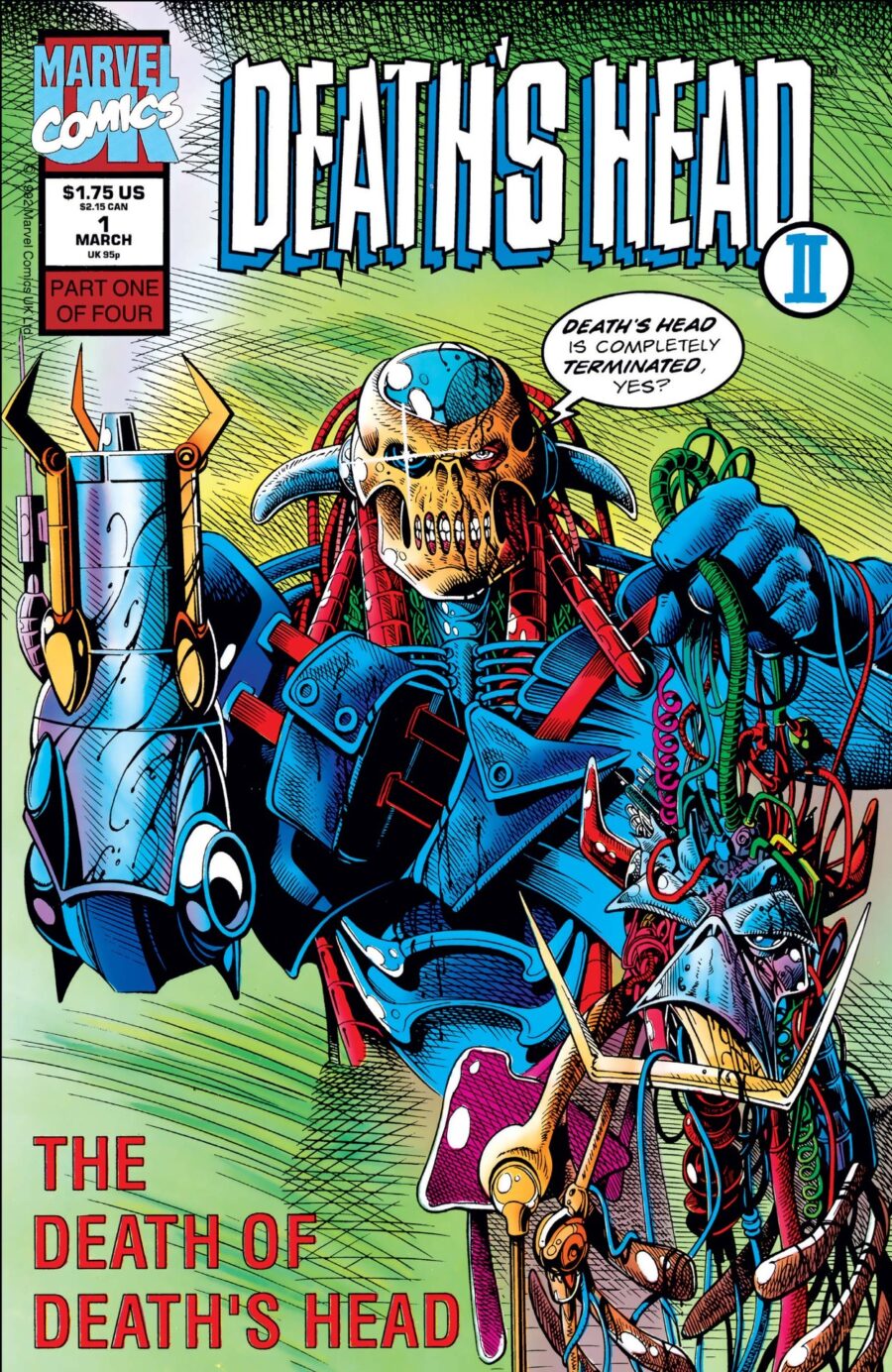The Marvel Stories That Changed Everything Were Only Available In One Country

Once upon a time, Marvel tried its hand at breaking into Great Britain’s weekly comics market with the Marvel UK imprint. The comics started out as reprints of popular stories from the USA but quickly turned into another beast entirely. The now largely forgotten UK imprint was not only home to some of the earliest works from comic book legend Alan Moore but also the origin of the number-universe concept that continues to this day.
The Marvel imprint Marvel UK did a lot to influence comics, including helping the career of a young Alan Moore and introducing the term “Earth-616.”
Thanks to the MCU, the name Marvel has become a globally recognized brand with products available in every country on Earth. Back in the old days, however, before Disney bought them, that wasn’t always the case. In 1972, the company attempted to grow its brand by reaching across the pond and establishing the Marvel UK imprint.
The British comic book market was much different than the American market, and books in the UK were expected to come out weekly rather than monthly. The company saw that as a perfect opportunity to reprint a bunch of classic stories that didn’t make it to England when they were originally printed and sell them under the title The Mighty World of Marvel.
MWOM, as it was commonly shortened, featured black-and-white stories following The Incredible Hulk, Spider-Man, and Marvel’s first family, the Fantastic Four, as well as several others.

The success of MWOM led Marvel UK to give Spider-Man his own book with Spider-Man Comics Weekly. The book was still just reprints of old American Spider-Man books, and several other titles followed using the same format. Eventually, everything changed in 1976 with the publication of Captain Britain Weekly.
While Captain Britain might be familiar to fans stateside as one of the stars of the X-Men spinoff Excalibur, the character made his debut in a self-titled book available only to the British comics market. Captain Britain Weekly was the first original Marvel UK title, and after it proved to be a success, several more followed.
In the early ’80s, Marvel UK published a monthly Star Wars comic that was a mixture of stories from the American Star Wars book as well as completely original stories penned by British creators.
The Coming Of Earth-616
It wasn’t long before Marvel UK was given the go-ahead to publish original stories featuring already established characters, starting with Hulk Comic, a weekly book full of stories written solely by British authors. Eventually, the imprint moved to monthly titles only like its older sibling across the pond.

One such monthly title, The Daredevils—a title that has nothing to do with Marvel’s blind, red-suited vigilante—featured the first use of the number 616 to differentiate the main Marvel universe from all of the other offshoots that make up the multiverse.
A young Alan Moore of Watchmen fame first came up with the 616 designation to set Brian Braddock, the Captain Britain of the regular Marvel universe, apart from the other members of the multiversal Captain Britain Corps. When Captain Britain came to America by way of Chris Claremont’s Excalibur, the idea of designating the main Marvel timeline as 616 came with him.
By the time the mid-80s came around, the usual stable of traditional Marvel characters started to wane in popularity in the UK, with licensed properties taking their place as Marvel UK’s best sellers. Transformers, ThunderCats, GI Joe, and several other licensed properties became the hottest books on the shelf.
Transformers, in particular, ran for 332 issues with a storyline completely separate from the equally popular US Transformers comic. Transformers stands as one of the most significant works to come out of Marvel UK, and storylines from the series still influence some aspects of the current Transformers lore published by IDW.
The Marvel UK Of The ’90s
In the early ’90s, Marvel UK attempted to switch things up again with a new slate of titles and characters exclusive to the imprint while still technically being set in the Marvel 616 universe. These titles deviated from Marvel America’s usual superhero fare and leaned more into the realms of science-fiction and magic.

Some of the titles included Death’s Head II, a cyborg bounty hunter who actually originated in the British Transformers comic; Warheads, a tale of wormhole-hopping mercenaries; and Motormouth and Killpower, a title that followed a streetwise girl and a genetically modified super-assassin on their intergalactic adventures.
All good things must come to an end, however, and eventually, the comics published in Europe went back to being reprints of already published American titles. Marvel UK’s fate as an independent imprint was sealed when Disney acquired Marvel and decreed that no original stories featuring the company’s characters could be written outside of the USA.
Today, Marvel UK is best remembered as an alternate timeline of continuity that flourished in Europe from the late 1970s into the late 1990s.












